En mai 2019, ce sont 21 301 migrants et réfugiés qui sont entrés en Europe par voie maritime. L’été 2015, en raison de l’afflux massif des réfugiés, a marqué un engouement médiatique pour la question migratoire majoritairement qualifiée de crise migratoire. D’après l’OIM, on recensait en 2018 plus de 500 décès de migrants et réfugiés qui arrivaient en Europe par la mer, dont un peu plus de 50% en Italie
Cette thématique est mise en tension de manière récurrente : Sommes-nous confrontés à un problème insoluble et croissant dont nous ne pouvons que subir les conséquences ou alors, ce défi nous oblige-til à réaffirmer la protection des droits humains et à mettre en acte des politiques publiques inclusives ? N’est-ce pas aussi une opportunité pour réinventer notre vivre ensemble ?
Ce défi humanitaire se pose à l’Union Européenne, principale terre d’immigration. L’actualité récente des migrations de personnes mineures non accompagnées a mis les Conseils départementaux au cœur de la prise en charge de ces personnes, mettant en exergue, la complexité d’être à la croisée des politiques d’immigration et de protection de l’enfance et la difficulté à articuler les interventions des multiples acteurs institutionnels.
Dès lors, comment prendre en charge dignement ces populations dont l’accompagnement bouleverse les pratiques professionnelles des travailleurs sociaux?
La question sociale des MNA sera le fil rouge de ce colloque .Les intervenants s’attacheront dans un premier temps à contextualiser la problématique à clarifier les terminologies, puis ils en préciseront les enjeux et les dimensions politiques, juridiques, sociales, économiques, humaines et professionnelle. Nous interrogerons les connaissances, les métiers, les compétences nouvelles ou spécifiques des professionnels pour l’accompagnement de ce public « particulier « dans le champ du Travail social et de l'Animation, mais également de l'Ecole et de la Formation professionnelle Les approches européennes et des praticiens seront privilégiées pour promouvoir une compréhension plurielle et diversifiée.
Ce colloque réunira des universitaires, des chercheurs, des professionnels intervenant sur cette problématique et des personnes concernées. Il s’adresse à tout professionnel, bénévole confronté à cette question.
Des conférences, tables rondes et retours d’expériences ponctueront ces journées.
In May 2019, 21,301 migrants and refugees entered Europe by sea and slightly more than half of them arrived in Italy. In 2018, according to the IOM, more than 500 migrants and refugees died at sea.Summer 2015 marked the engagement of the Medias in the question of Migration; it consolidated a dual understanding of such phenomenon as a Crisis, or as an Issue.
This Humanitarian challenge is repeatedly the subject of political and social tensions and suffers from a volatile media coverage; the conditions of its public consideration birth the following interrogations: Is the observation of an insoluble and growing problem that can only be passively suffered verifiable? Does it paradoxically invite Europe to reaffirm its consideration for protection of Human Rights and to engage itself in the development of more inclusive public policies? Does it open up a public space to re-assess and to interrogate the status of the European communities ‘life as democratic societies that shall build themselves around the principle of togetherness?
This humanitarian challenge paints the European Union as a pivotal and multi-scalar actor in the identification and operationalization of political answers. Recent developments in the migrations of unaccompanied minors characterized the departmental Councils as the leading institution of their support. The Migration crisis suffers from the complexity of being at the crossroads of immigration and child protection policies and of articulating the interventions of multiple institutional actors - that sometimes are competing. Where do migrants and refugees fit in such political bargaining? How shall professional be mindful of including them and members of the European civil societies in processes and institutions that should consider them as their only finality and agent?
This conference will focus on the status of unaccompanied minors. The speakers will first focus on contextualizing the problem, building up to a clarification of the terminology. Then they will specify the issues as well as their political and legal, social, economic, human and professional dimensions,. The developed or specific skills of the professionals in the field of Social Work and Animation, but also of School and Vocational Training will be put under our examination. European and practitioner approaches will be favored to promote a plural and diverse understanding of the Humanitarian Crisis.
This conference will bring together academics researchers, professionals involved in this issue and members of the civil societies concerned or engaged in the challenge of Migrations. Conferences, round tables and feedback will help to shape and organize this Colloque's output.

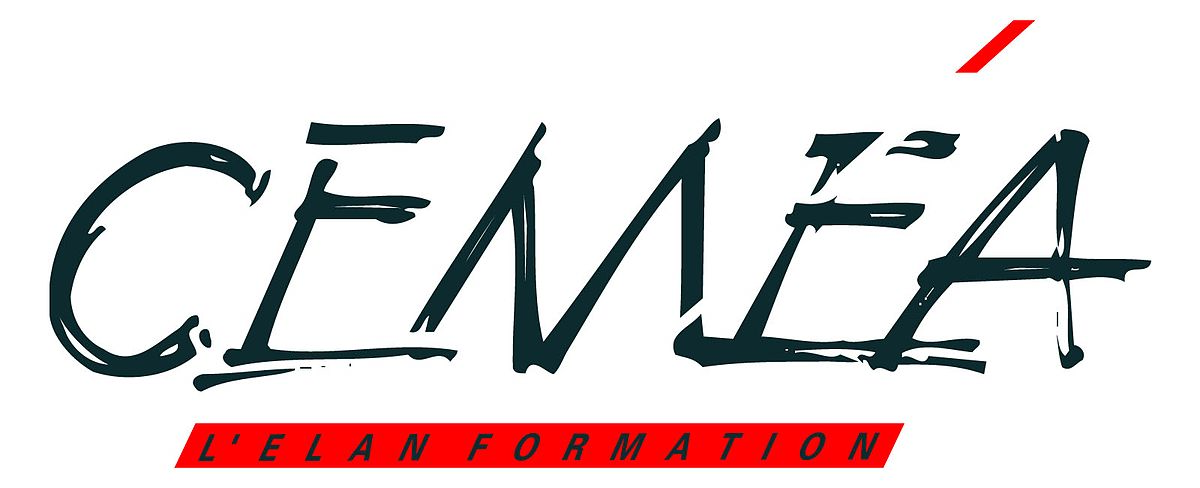
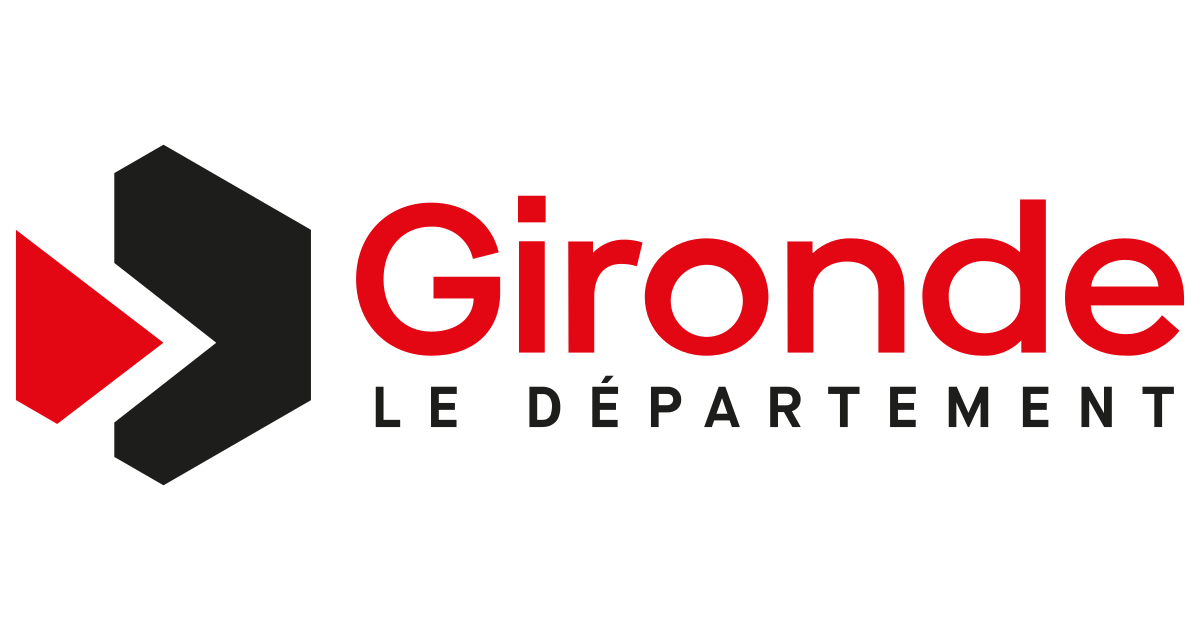
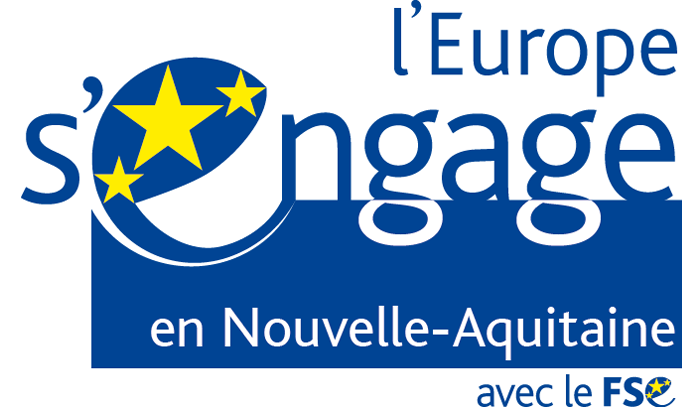

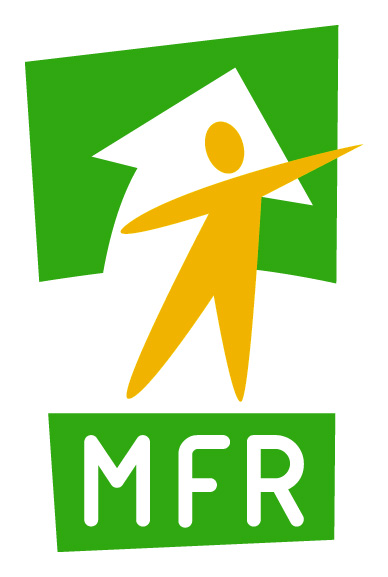
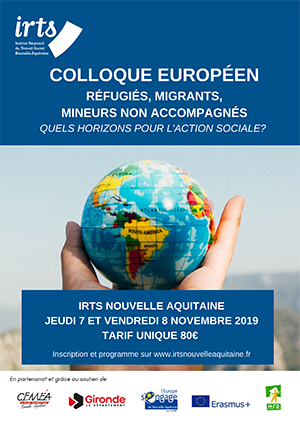
 Présentation
Présentation  Programme
Programme  Inscription et tarif
Inscription et tarif 